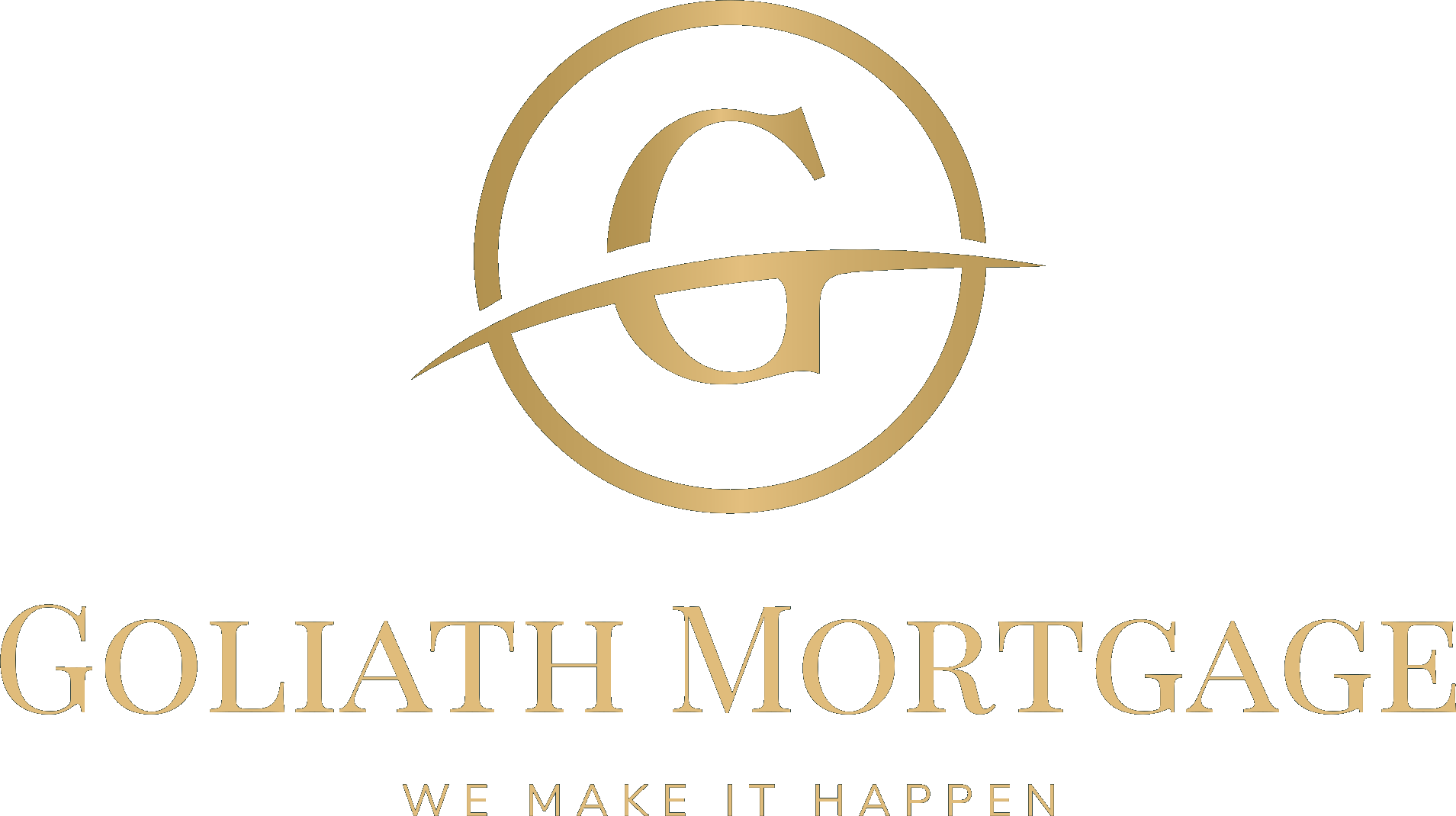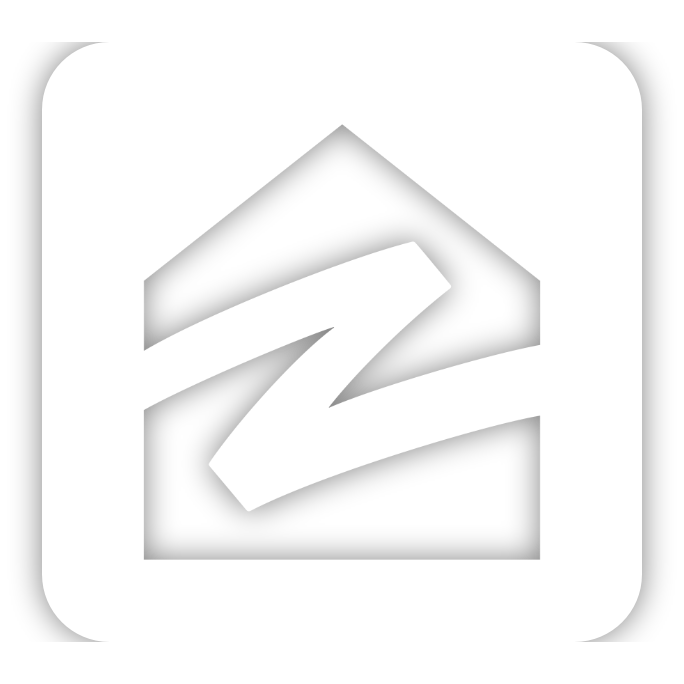OUR SERVICES
Compare Loans
Click to expand & read more.
Conventional Mortgage Loan
A conventional mortgage or conventional loan is any type of home loan that is not offered or secured by a government entity, such as the Federal Housing Administration (FHA), the U.S. Department of Veterans Affairs (VA) or the USDA Rural Housing Service, but instead is available through or guaranteed by a private lender (banks, credit unions, mortgage companies) or the two government-sponsored enterprises, the Federal National Mortgage Association (Fannie Mae) and the Federal Home Loan Mortgage Corporation (Freddie Mac). Conventional loans offer excellent interest rates and do not require mortgage insurance when a 20% down payment is made. Conventional loans can be used to purchase a home with as little as 3% down and are the most common loans for borrowers with excellent credit.
Conventional loans are often erroneously referred to as conforming mortgages or loans. While there is overlap, the two are distinct categories. A conforming mortgage is one whose underlying terms and conditions meet the funding criteria of Fannie Mae and Freddie Mac. Chief among those is a dollar limit, set annually by the Federal Housing Finance Agency (FHFA): In 2019, in most of the continental U.S., a loan must not exceed $484,350. So while all conforming loans are conventional, not all conventional loans qualify as conforming. A jumbo mortgage of $800,000, for example, is a conventional mortgage but not a conforming mortgage – because it surpasses the amount that would allow it to be backed by Fannie Mae or Freddie Mac.
Currently, conventional mortgages represent around two-thirds of the homeowners’ loans issued in the U.S. The secondary market for conventional mortgages is extremely large and liquid. Most conventional mortgages are packaged into pass-through mortgage-backed securities, which trade in a well-established forward market known as the mortgage TBA (to be announced) market. Many of these conventional pass-through securities are further securitized into collateralized mortgage obligations (CMOs).
Conventional Mortgage Loan
A conventional mortgage or conventional loan is any type of home loan that is not offered or secured by a government entity, such as the Federal Housing Administration (FHA), the U.S. Department of Veterans Affairs (VA) or the USDA Rural Housing Service, but instead is available through or guaranteed by a private lender (banks, credit unions, mortgage companies) or the two government-sponsored enterprises, the Federal National Mortgage Association (Fannie Mae) and the Federal Home Loan Mortgage Corporation (Freddie Mac). Conventional loans offer excellent interest rates and do not require mortgage insurance when a 20% down payment is made. Conventional loans can be used to purchase a home with as little as 3% down and are the most common loans for borrowers with excellent credit.
Conventional loans are often erroneously referred to as conforming mortgages or loans. While there is overlap, the two are distinct categories. A conforming mortgage is one whose underlying terms and conditions meet the funding criteria of Fannie Mae and Freddie Mac. Chief among those is a dollar limit, set annually by the Federal Housing Finance Agency (FHFA): In 2019, in most of the continental U.S., a loan must not exceed $484,350. So while all conforming loans are conventional, not all conventional loans qualify as conforming. A jumbo mortgage of $800,000, for example, is a conventional mortgage but not a conforming mortgage – because it surpasses the amount that would allow it to be backed by Fannie Mae or Freddie Mac.
Currently, conventional mortgages represent around two-thirds of the homeowners’ loans issued in the U.S. The secondary market for conventional mortgages is extremely large and liquid. Most conventional mortgages are packaged into pass-through mortgage-backed securities, which trade in a well-established forward market known as the mortgage TBA (to be announced) market. Many of these conventional pass-through securities are further securitized into collateralized mortgage obligations (CMOs).
Jumbo Loan
At Goliath Mortgage, we believe that a Jumbo loan shouldn’t mean a Jumbo interest rate. In fact, our Jumbo rates are so good that you’ll be surprised they aren’t Conventional rates. Most lenders consider Jumbo loans to be a higher risk product and they raise their rates and fees accordingly.
We believe that highly qualified folks like you will make their mortgage payments on time regardless of the loan amount. For that reason, we underwrite some of the lowest rates in the industry for folks who borrower above the conventional loan limit. We also offer a ‘no cost’ refinance option for loan amounts between $484,350 and $2 million.
FHA Loan
FHA loans are meant to encourage homeownership among consumers who wouldn’t usually be approved for a mortgage without the government’s backing, and who aren’t able to afford making a large down payment. FHA loans are mortgages insured by the Federal Housing Administration (FHA) and financed by FHA-approved lenders. When a private bank or credit union extends an FHA loan, the government promises to repay the mortgage lender if a borrower stops making payments.
If you’re looking to purchase a primary residence, you’ll likely be interested in the FHA’s Basic Home Mortgage Loan, officially known as the 203(b). The FHA also offers the 203(k) loan for home improvement. FHA 203(b) mortgages are offered in either 15- or 30-year term lengths with either fixed or adjustable rates.
The 203(b) mortgage loan will allow you to borrow up to 96.5% of your home’s purchase price, meaning you can make a down payment as low as 3.5%. The low down-payment of 3.5% applies to all home purchases for homes with 1-4 units making FHA a great option for buyers interested in occupying a multi-family home. Comparable conventional loans require down-payments of 20%-25% for 2-4 unit properties.
The FHA requires a minimum credit score of 500 for approval and has no minimum income requirement. In exchange for these features, FHA borrowers pay both an annual and upfront mortgage insurance fee.
Home Mortgage Loan FHA 203(b)
- For low income and low credit score borrowers
- Borrowers pay upfront and annual insurance fees
- Loan limits set by county
- Minimum credit score of 500 for loan approval
- Minimum down payment of 3.5% of home value
- No minimum income requirement
What are the Requirements for FHA Loans?
FHA mortgages have specific requirements for both homebuyer and loan eligibility. For potential borrowers, the FHA requires that all loan applicants have the following:
- At least two established lines of credit — for example, a credit card and a car loan;
- A debt-to-income ratio (DTI) no greater than 31%, meaning that existing monthly debt payments (before mortgage approval) are less than 31% of your monthly income;
- No “delinquent” federal debts, such as a loan default or unpaid taxes.
Because there is no income minimum for FHA mortgage approval, lenders evaluate the financial situation of each applicant using the factors listed above. Strong applicants demonstrate stable employment, minimal outstanding debt and a guarantee of future income. Once applicants are approved for FHA loans, the FHA also requires that every borrower pays mortgage insurance (MIP) for the life of their loan. Unlike with conventional mortgages, borrowers must pay for insurance on FHA loans even after they have paid for 20% of their home.
Credit Score
To be eligible for an FHA mortgage with a minimum 3.5% down payment, your credit score must be above 580. Borrowers with credit scores from 500 to 579 must put down at least 10% of their home’s cost in up-front cash, and applicants with credit scores below 500 are ineligible for FHA mortgages.
VA Loan
The VA Loan became known in 1944 through the original Servicemen’s Readjustment Act also known as the GI Bill of Rights. The GI Bill was signed into law by President Franklin D. Roosevelt and provided veterans with a federally guaranteed home with no down payment. This feature was designed to provide housing and assistance for veterans and their families, and the dream of home ownership became a reality for millions of veterans. The GI Bill contributed more than any other program in history to the welfare of veterans and their families, and to the growth of the nation’s economy. Many consider the VA mortgage loan to be the single biggest benefit associated with military service.
With more than 25 million veterans and service personnel eligible for VA financing, this loan is attractive and has many advantages. Eligibility for the VA loan is defined as Veterans who served on active duty and have a discharge other than dishonorable after a minimum of 90 days of service during wartime or a minimum of 181 continuous days during peacetime. There is a two-year requirement if the veteran enlisted and began service after September 7, 1980, or was an officer and began service after October 16, 1981. There is a six-year requirement for National guards and reservists with certain criteria and there are specific rules concerning the eligibility of surviving spouses.
The VA will guarantee a maximum of 25 percent of a home loan amount up to $121,087, which limits the maximum loan amount to $484,350. Generally, the reasonable value of the property or the purchase price, whichever is less, plus the funding fee may be borrowed. Being a veteran doesn’t make a homebuyer automatically eligible for a home loan, you must meet both service requirements and credit/income requirements to be eligible. VA guaranteed loans are for eligible veterans to purchase or refinance homes that they personally occupy. VA loans may not be used to purchase an investment property or second home.
Your VA entitlement
Entitlement is a credit that the VA awards to each eligible veteran. Your entitlement is worth a specific dollar amount. The amount is equal to 25% of the county’s VA loan limit.
If you buy a house where the loan limit is $484,350, then your VA entitlement is $121,087. If the house is in a high-cost county, then your entitlement is worth more.
VA entitlement available-1
Entitlement is not the same thing as a VA Guaranty. Use your entitlement to get a guarantee from the VA.
Check your VA Certificate of Eligibility (COE) to see how much VA entitlement you have available.
USDA Loan
Officially known as the Section 502 Single Family Housing Guaranteed Loan Program, the USDA loan is a zero down payment mortgage option available to homebuyers in the United States who wish to purchase in a qualified rural or suburban area. USDA loans are issued by private lenders and guaranteed by the U.S. Department of Agriculture (USDA).
Purpose of the USDA Loan
The USDA loan’s purpose is to provide affordable homeownership opportunities to low-to-moderate income households to stimulate economic growth in rural and suburban communities throughout the United States.
These rural development loans are available in approximately 97% of the nation’s landmass, which includes over 100 million people.
USDA Loan Process
Going through the USDA loan process can be different for each homebuyer; however, the typical flow is as follows:
- Prequalify with Goliath Mortgage
- Provide all necessary documents and reach preapproval
- Find a USDA-approved home in an eligible “rural” area
- Sign a purchase agreement and order a USDA appraisal
- Be patient during the loan processing and underwriting, then close on your home
USDA Loan Income Limits
Because USDA loans are meant to assist low-to-moderate income homebuyers, the USDA sets income limits based on the property’s location and household size. The base USDA income limits are:
1-4 member household: $82,700
5-8 member household: $109,150
USDA counts the total annual income of every adult member in a household towards the USDA income limit, regardless if they are a part of the loan.
But it’s also not as simple as looking at your annual pay. USDA ultimately looks at what it calls adjusted annual income, which takes into account acceptable deductions for things like child care, medical expenses, and more.

info@goliathmortgage.com
Phone
ADDRESS
331 Arcado Rd, Suite A-101
Lilburn, GA 30047
We Provide Services in all 50 states








